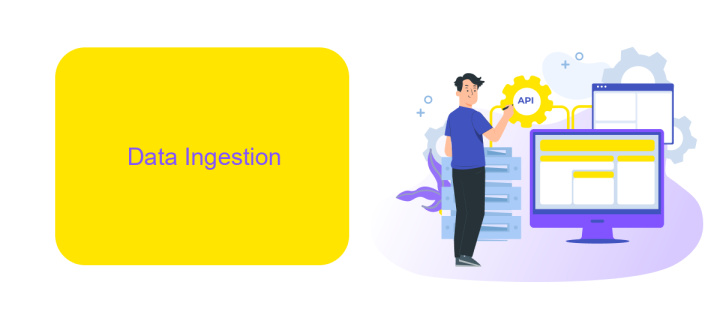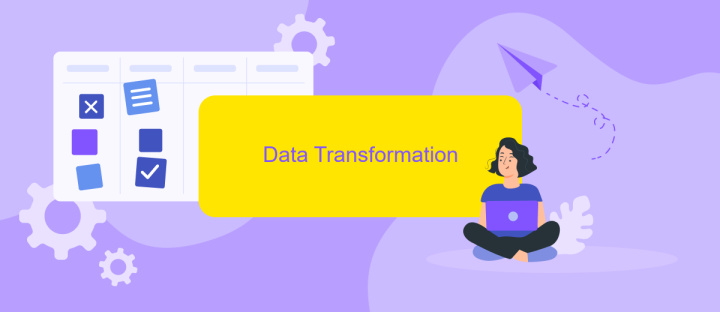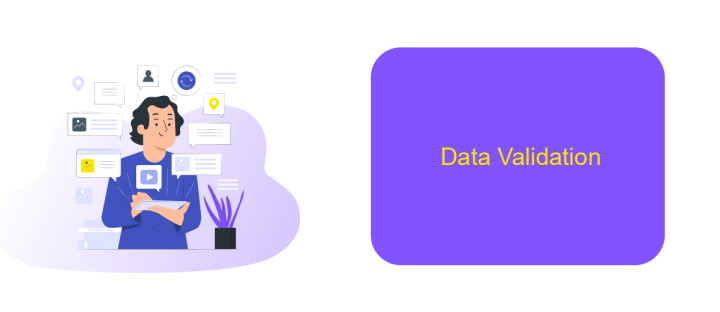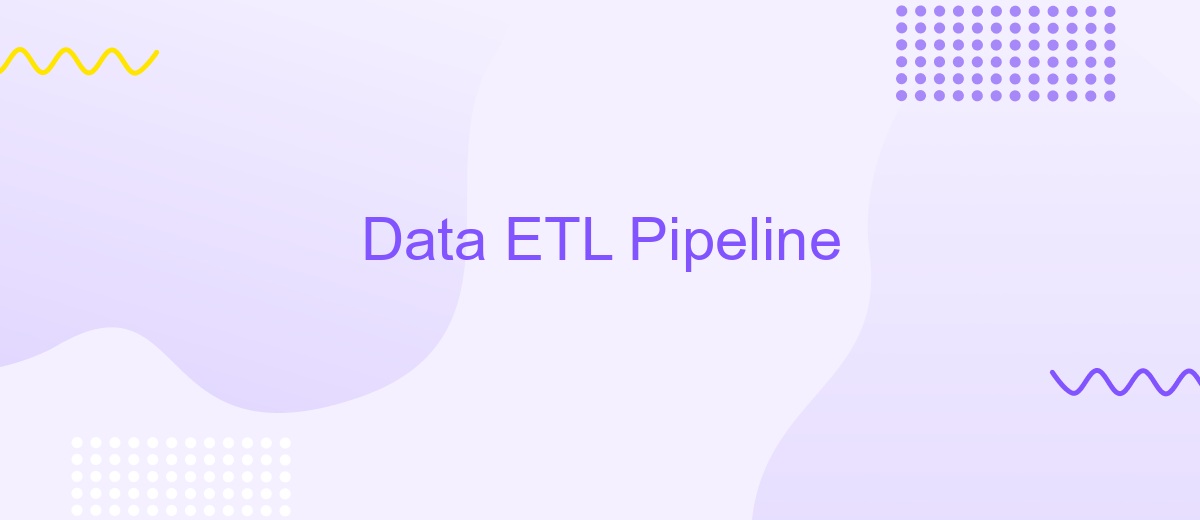Data ETL Pipeline
A Data ETL (Extract, Transform, Load) pipeline is a critical framework in data engineering that enables the seamless extraction of data from various sources, its transformation into a usable format, and the subsequent loading into a destination system. This process ensures data consistency, quality, and accessibility, empowering organizations to make informed decisions based on reliable data.
Introduction
Data ETL (Extract, Transform, Load) pipelines are essential for modern data management. They enable the seamless movement of data from various sources to a centralized destination for analysis and reporting. A well-designed ETL pipeline ensures data integrity, consistency, and availability, which are crucial for making informed business decisions.
- Extraction: Collecting data from diverse sources such as databases, APIs, and flat files.
- Transformation: Cleaning, normalizing, and enriching the data to meet specific requirements.
- Loading: Transferring the transformed data into a data warehouse or other storage systems.
Modern ETL tools and services, like ApiX-Drive, simplify the integration process by providing user-friendly interfaces and automation capabilities. ApiX-Drive allows businesses to connect various data sources and automate data flows without extensive coding, making it easier to maintain and scale ETL pipelines. This streamlines data operations, enabling organizations to focus on extracting valuable insights from their data.
Data Ingestion

Data ingestion is the initial phase of an ETL pipeline where raw data is collected from various sources and imported into a storage system for further processing. This process can involve a wide range of data sources, including databases, APIs, cloud storage, and file systems. Effective data ingestion ensures that the data is collected in a timely, consistent, and reliable manner, setting the foundation for subsequent transformation and analysis steps.
To streamline the data ingestion process, tools and services like ApiX-Drive can be utilized. ApiX-Drive offers seamless integration capabilities, allowing users to connect multiple data sources with minimal configuration. By automating data transfers and ensuring compatibility between different systems, ApiX-Drive helps organizations maintain data integrity and reduce manual workload. This automation is crucial for maintaining the efficiency and reliability of the ETL pipeline, enabling businesses to focus on deriving insights and making data-driven decisions.
Data Transformation

Data transformation is a critical phase in the ETL pipeline, where raw data is converted into a format suitable for analysis. This process involves cleaning, normalizing, and enriching data to ensure it meets the desired quality and structure. Effective data transformation can significantly enhance the accuracy and usability of the final dataset.
- Data Cleaning: Remove duplicates, handle missing values, and correct errors to ensure data integrity.
- Data Normalization: Standardize data formats and scales to maintain consistency across the dataset.
- Data Enrichment: Integrate additional data sources to provide more comprehensive insights.
Automating data transformation can streamline the ETL process, reducing manual effort and minimizing errors. Tools like ApiX-Drive facilitate seamless integration and transformation by connecting various data sources and automating workflows. This ensures that your data is always up-to-date and ready for analysis, allowing you to focus on deriving actionable insights.
Data Validation

Data validation is a critical step in any ETL pipeline, ensuring the accuracy, completeness, and reliability of the data being processed. Without proper validation, the integrity of the entire data pipeline can be compromised, leading to incorrect insights and potentially costly decisions.
Implementing robust data validation processes involves several key steps. These steps help in detecting anomalies, identifying errors, and ensuring that the data meets the required standards before it is loaded into the target system.
- Schema Validation: Ensuring that the data conforms to the predefined schema, including data types, formats, and mandatory fields.
- Range Checks: Verifying that numerical values fall within expected ranges and that dates are within plausible limits.
- Uniqueness Checks: Ensuring that unique fields do not contain duplicate values.
- Consistency Checks: Cross-referencing related data fields to ensure logical consistency.
Using tools like ApiX-Drive can simplify the integration and automation of data validation processes. ApiX-Drive offers seamless connectivity between various data sources and validation services, ensuring that data integrity is maintained throughout the ETL pipeline. By automating these checks, organizations can significantly reduce manual effort and improve the overall reliability of their data.
- Automate the work of an online store or landing
- Empower through integration
- Don't spend money on programmers and integrators
- Save time by automating routine tasks
Data Loading
Data loading is a critical phase in the ETL pipeline, where transformed data is loaded into the target data warehouse or database. This step ensures that the data is available for analysis and reporting. Efficient data loading techniques, such as bulk loading and partitioning, can significantly enhance performance and reduce load times. It's essential to monitor and validate the loading process to ensure data integrity and consistency.
Integrating various data sources can be complex, but services like ApiX-Drive simplify this process. ApiX-Drive allows seamless integration with numerous applications and databases, automating the data loading process. With its user-friendly interface and robust API capabilities, ApiX-Drive ensures that data is consistently and accurately loaded into your target systems. This not only saves time but also reduces the risk of errors, making your ETL pipeline more reliable and efficient.
FAQ
What is an ETL pipeline?
Why is ETL important for data analysis?
What are the key components of an ETL pipeline?
How can I automate an ETL pipeline?
What challenges might I face when setting up an ETL pipeline?
Time is the most valuable resource for business today. Almost half of it is wasted on routine tasks. Your employees are constantly forced to perform monotonous tasks that are difficult to classify as important and specialized. You can leave everything as it is by hiring additional employees, or you can automate most of the business processes using the ApiX-Drive online connector to get rid of unnecessary time and money expenses once and for all. The choice is yours!


